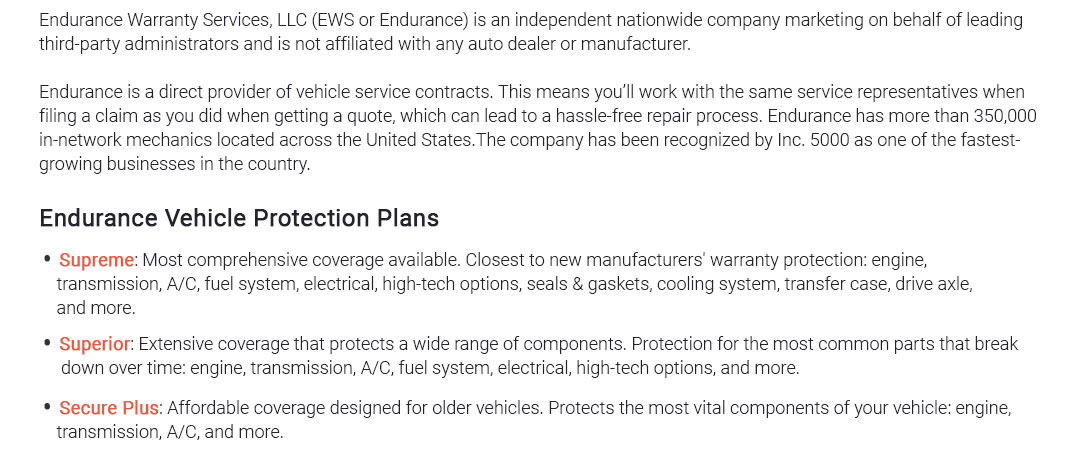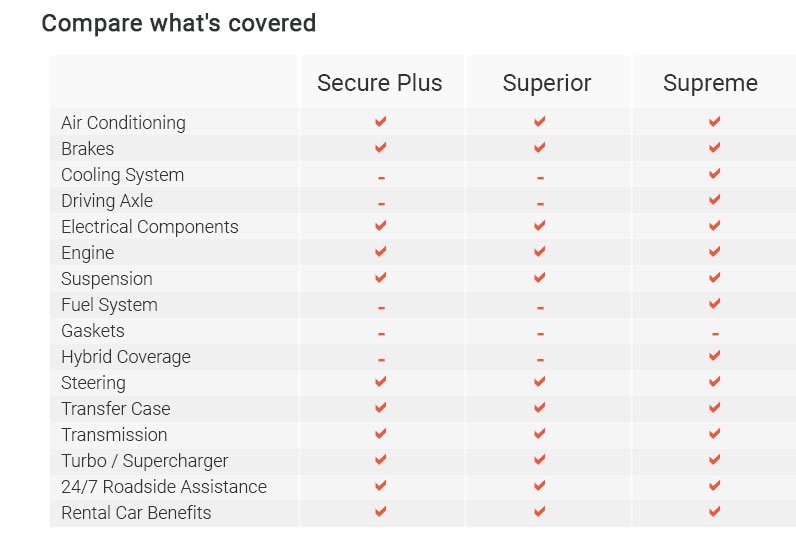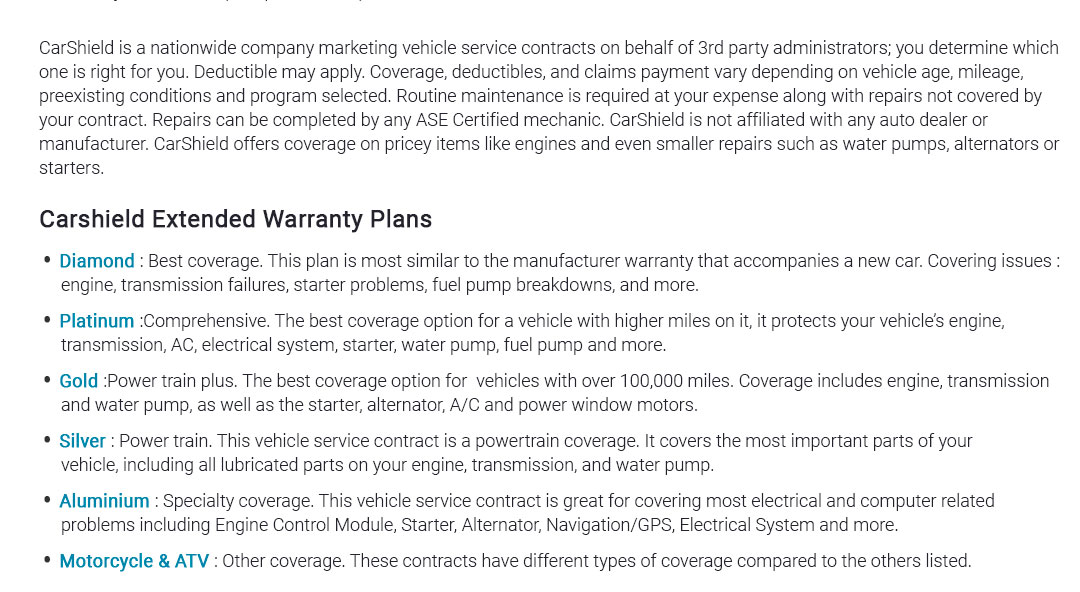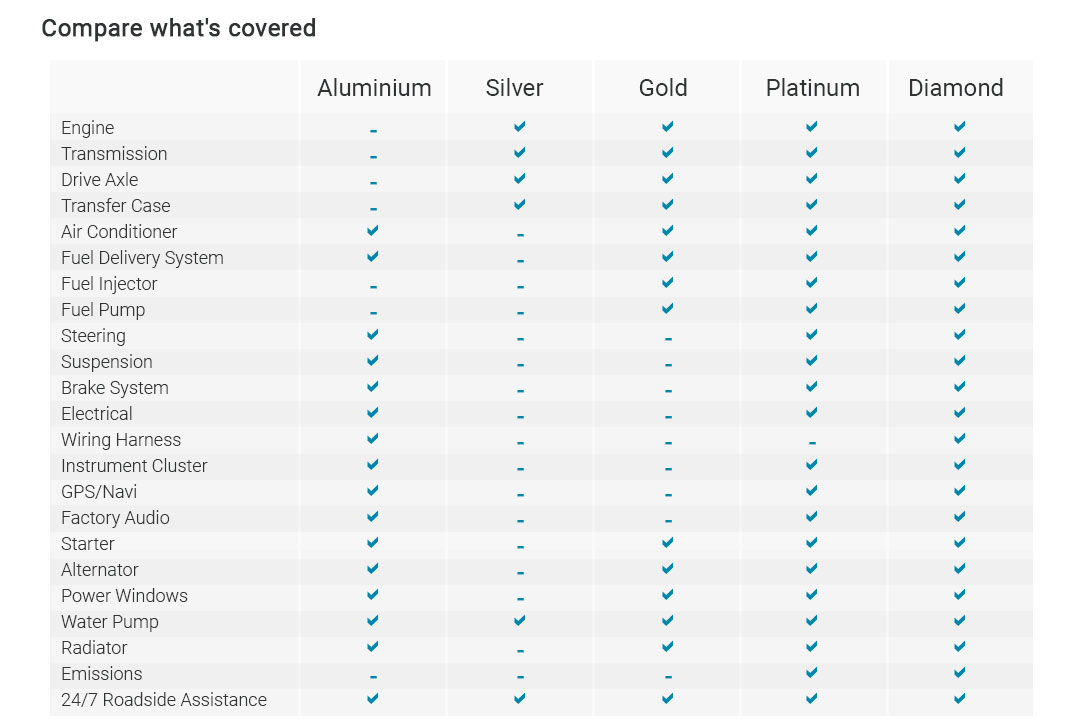 |
 |
 |
 |
 |
 |
 |
 |
 |
 |
|||
 |
 |
|||
 |
 |
|||
 |
 |
|
|||||||
 |
|||||||
 |
|||||||
 |
|||||||
 |
|||||||
|
|||||||
|
||||||
 |
||||||
 |
||||||
 |
||||||
|
 |
 |
 |
 |
 |
 |
 |
|||
 |
 |
|||
 |
 |
Expert Tips and Advice on Vehicle Maintenance ServiceIn the world of automobile care, vehicle maintenance service stands as a paramount practice, bridging the gap between performance and longevity. Every car owner, whether a seasoned enthusiast or a casual driver, should recognize the undeniable importance of regular maintenance. The benefits extend beyond mere mechanical function; they encapsulate safety, efficiency, and value retention. But what truly defines effective vehicle maintenance? Firstly, consider the engine oil. Changing the oil is akin to providing your car's heart with fresh lifeblood, ensuring all components move smoothly and efficiently. Most experts recommend an oil change every 3,000 to 5,000 miles, although advancements in oil technology and engine design have extended this range for many modern vehicles. It’s crucial to adhere to your manufacturer’s recommendations, which are typically found in the owner’s manual. Another critical aspect is the tire health. Proper tire maintenance not only enhances safety but also improves fuel efficiency and driving comfort. Regularly checking tire pressure, rotating tires, and aligning wheels are simple yet effective measures. Under-inflated tires can reduce fuel economy, while misalignment can lead to uneven tire wear, necessitating premature replacements. Furthermore, pay attention to the brake system. The brakes are your car’s most vital safety feature, and their reliability can never be compromised. Listen for unusual sounds such as squeaking or grinding, and feel for any changes in responsiveness. These can be indicators of worn-out brake pads or other issues that require immediate attention. Let us not overlook the cooling system. This system prevents your engine from overheating and can be maintained by ensuring the coolant levels are adequate and free of contaminants. Flushing and refilling the coolant periodically, according to your vehicle’s service manual, is a prudent practice that can avert costly repairs.
Additionally, maintaining the transmission is crucial, especially in vehicles with automatic gearboxes. The transmission fluid should be checked and replaced periodically to ensure smooth shifting and to prevent wear on the transmission’s intricate components. Lastly, never underestimate the value of a professional vehicle inspection. While DIY maintenance is beneficial, a certified mechanic can identify potential issues that might not be apparent to the untrained eye. Scheduling a comprehensive inspection at least once a year can be a wise investment in your vehicle’s future. In conclusion, vehicle maintenance service is not merely a collection of tasks but a holistic approach to car care. By staying proactive and informed, car owners can ensure their vehicles remain reliable companions on the road, providing peace of mind and preserving their investment for years to come. Remember, the road to automotive bliss is paved with regular care and attention. https://www.carmax.com/service
repair of your vehicle. RepairPal Certified Shops are third-party service ... https://www.yelp.com/search?find_desc=Car+Maintenance&find_loc=Los+Angeles%2C+CA
History: Bubba's performance & more is a family owned full service auto repair center specializing in most cars on 4 wheels. We provide services from basic ... https://www.vioc.com/
For more than 35 years, Valvoline Instant Oil Change has provided oil changes and quick, convenient automotive preventive maintenance services for busy ...
|
















